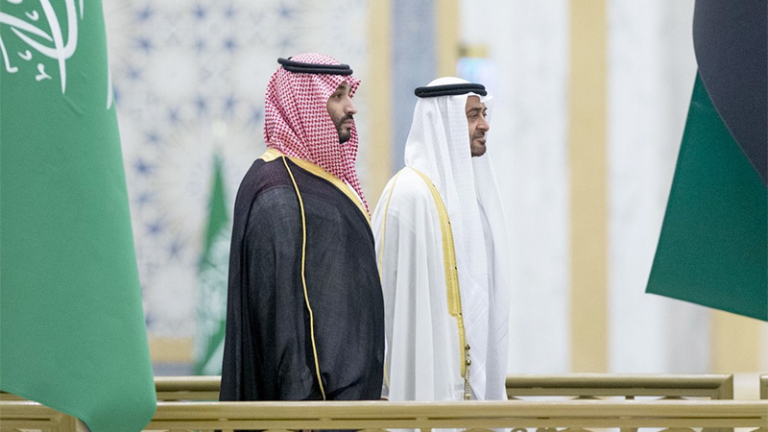Momentum across the United Arab Emirates’ equity capital markets is building as the second half of 2025 begins, while Saudi Arabian firms preparing share issuances are confronting investor concerns over lofty valuations. May’s launch of a residential real estate investment trust on the Dubai Financial Market reignited market sentiment after a lull in listing activity during the previous year.
Investor interest is intensifying ahead of expected deals in the UAE. Among the most notable, ALEC Engineering & Contracting LLC has been conducting investor roadshows for a potential listing slated after the summer, reflecting growing confidence in the market’s appetite for new offerings. The company, owned by the Investment Corporation of Dubai, is estimated to aim for an IPO of around US$500 million and forms part of a broader government-led push to privatise state assets within ten government-linked companies.
The surge in UAE listings follows Dubai Holding’s Residential REIT, which sought US$487 million through a 12.5 per cent stake sale in mid-May, marking the emirate’s first listing since late 2024. That deal leveraged strong demand for yield-generating property assets amid a post-pandemic real-estate upswing, supported by residency reforms and significant foreign investment.
Market performance across the Gulf supports this positive outlook. UAE stock indices have reached multi-year highs, buoyed by rising oil prices and upbeat macroeconomic signals. On 3 July, non-oil private sector growth, along with progress in global trade deals, pushed Dubai’s index to a 17-year peak, while Abu Dhabi and Qatar also recorded solid gains. A separate rally on 11 July saw Dubai’s key market edge slightly higher, driven by the real-estate and banking sectors, as Brent crude held close to US$69 per barrel.
Despite these positive signals, Saudi Arabia faces more cautious sentiment. Companies considering equity offerings there are encountering investor unease over valuations, prompting them to reassess their timing and pricing strategies. At the same time, broader policy shifts—such as allowing UAE and GCC residents direct access to Tadawul, the main Saudi bourse—are aimed at boosting liquidity across the region. Nevertheless, Saudi issuers remain under scrutiny amid cautious regional investor sentiment.
Activity remains muted in other segments. Gulf markets overall closed higher on 15 July, with Dubai and Abu Dhabi gaining ground on US inflation data and trade developments. Saudi Arabia’s benchmark fell modestly that day, impacted in part by sluggish performances from Al Rajhi Bank and Aramco.
Analysts highlight that UAE real-estate-linked offerings, including REITs and contractor IPOs, benefit from strong underlying fundamentals. The 210,000 new housing units expected in Dubai through 2026 may exert pressure on property prices, but analysts remain optimistic that transparent, regulated offerings will sustain investor trust.
Looking ahead, the UAE pipeline features projects across construction and real estate services. Arabian Construction Company, another sector player, is understood to be progressing with its own planning. Talks involving up to 400 potential candidates for listing are reportedly underway, signalling a widening window of opportunity.
This evolving landscape reflects a broader Gulf trend. Gulf stock markets have benefited from easing inflation pressures in the US, central bank moves abroad, rising oil prices and reduced concerns over trade conflicts. Yet investor behaviour remains anchored to macroeconomic stability and the strength of valuations.
With the UAE’s equity capital markets gathering momentum—especially in sectors tied to real estate and government reform— issuers are capitalising on renewed interest. Saudi Arabia, while opening up to regional investors, appears to face a more cautious reception as its issuers weigh valuation expectations and broader economic signals.

